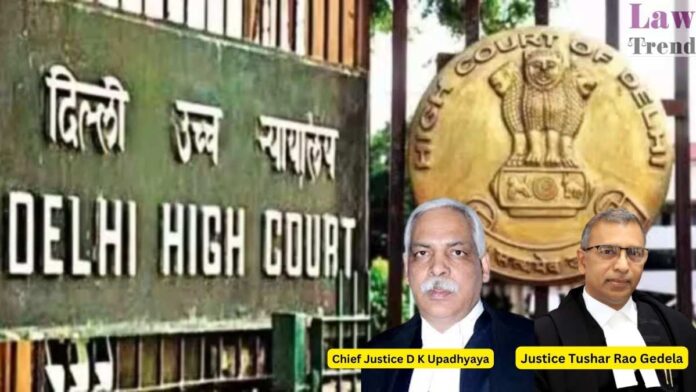In a judgment with far-reaching implications for retired judicial officers across India, the Delhi High Court has upheld the constitutional validity of Rule 9B of the High Court of Delhi Designation of Senior Advocate Rules, 2024, which restricts eligibility for the honorary title of Senior Advocate under the said provision only to retired officers of
To Read More Please Subscribe to VIP Membership for Unlimited Access to All the Articles, Download Available Copies of Judgments/Order, Acess to Central/State Bare Acts, Advertisement Free Content, Access to More than 4000 Legal Drafts( Readymade Editable Formats of Suits, Petitions, Writs, Legal Notices, Divorce Petitions, 138 Notices, Bail Applications etc.) in Hindi and English.




